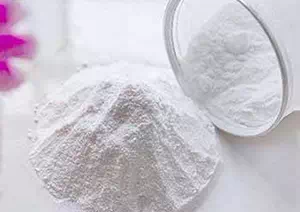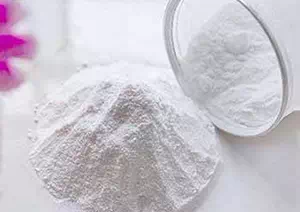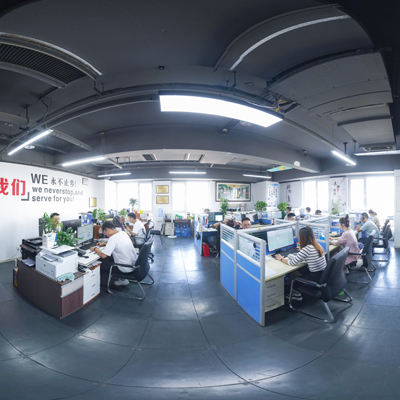What is Catechol CAS 120-80-9?
Catechol (CAS 120-80-9) is a multifunctional catechol derivative. With its reducing property and coordination ability, it is indispensable in the fields of medicine, rubber, electroplating and daily chemicals.
Catechol CAS 120-80-9 Use
1. Industrial field
Rubber additives: Used as hardeners to enhance the hardness and durability of rubber.
Electroplating additives: Enhance the adhesion and gloss of metal coatings.
Polymerization inhibitor: 4-tert-butylcatechol is produced and used for the polymerization inhibition of monomers such as styrene and butadiene.
Photosensitive materials: photographic developer and color photo antioxidant.
2. Medicine and Pesticides
Pharmaceutical intermediates: Synthesis of berberine (antibacterial), isoproterenol (asthmatic drug), etc.
Pesticide synthesis: It is used for insecticides (such as carboxyl and carboxyl) and fungicides (such as metalaxyl).
3. Daily chemicals and consumer goods
Hair dye: Helps stabilize and last the pigment.
Cosmetics: Antioxidants (such as anti-aging products).
Spice synthesis: Preparation of vanillin, ethyl vanillin, etc.
4. Other applications
Specialty inks, light stabilizers, preservatives, dye intermediates
Catechol CAS 120-80-9 safety
Toxicity risk
Acute toxicity: Oral LD₅₀ in rats was 3,890 mg/kg (moderate toxicity).
Health hazard: Skin/eye irritant, suspected carcinogen (IARC Group 2B).
GHS identification:
H301+H311 (Toxic when swallowed or in contact with skin)
H315 (Skin Irritation)
H317 (Sensitization)
H318 (Severe Eye Injury)
2. Operation and Storage
Protective measures: Wear chemical protective gloves, goggles and a gas mask to avoid inhaling dust.
Storage conditions: Keep sealed, away from light, in a cool and well-ventilated place below 30°C, and away from oxidants and acids.
Transportation specification: UN 2811 (Class 6.1 Dangerous goods, Grade III packaging).
Service
* Prompt reply and 24 hours online, professional team to provide best price and high quality product.
* Sample testing support.
* Every batch of products will be tested to ensureits quality.
*The packing also can be according the customers` requirment.
*Any inquiries will be replied within 24 hours.
*we provide Commerical Invoice, Packing List, Bill of loading, COA , Health certificate and Origin certificate. If your markets have any special requirements, let us know.







